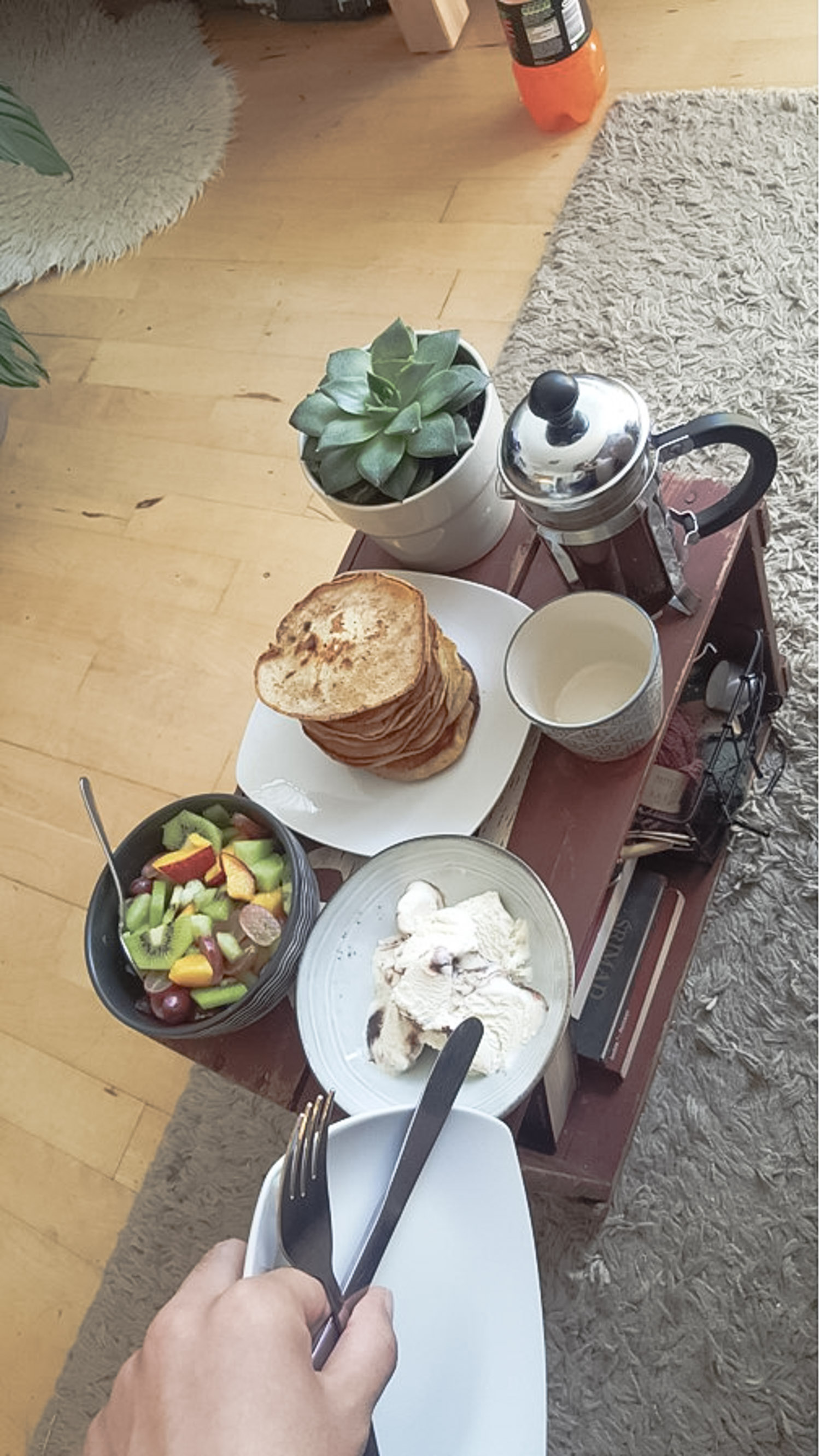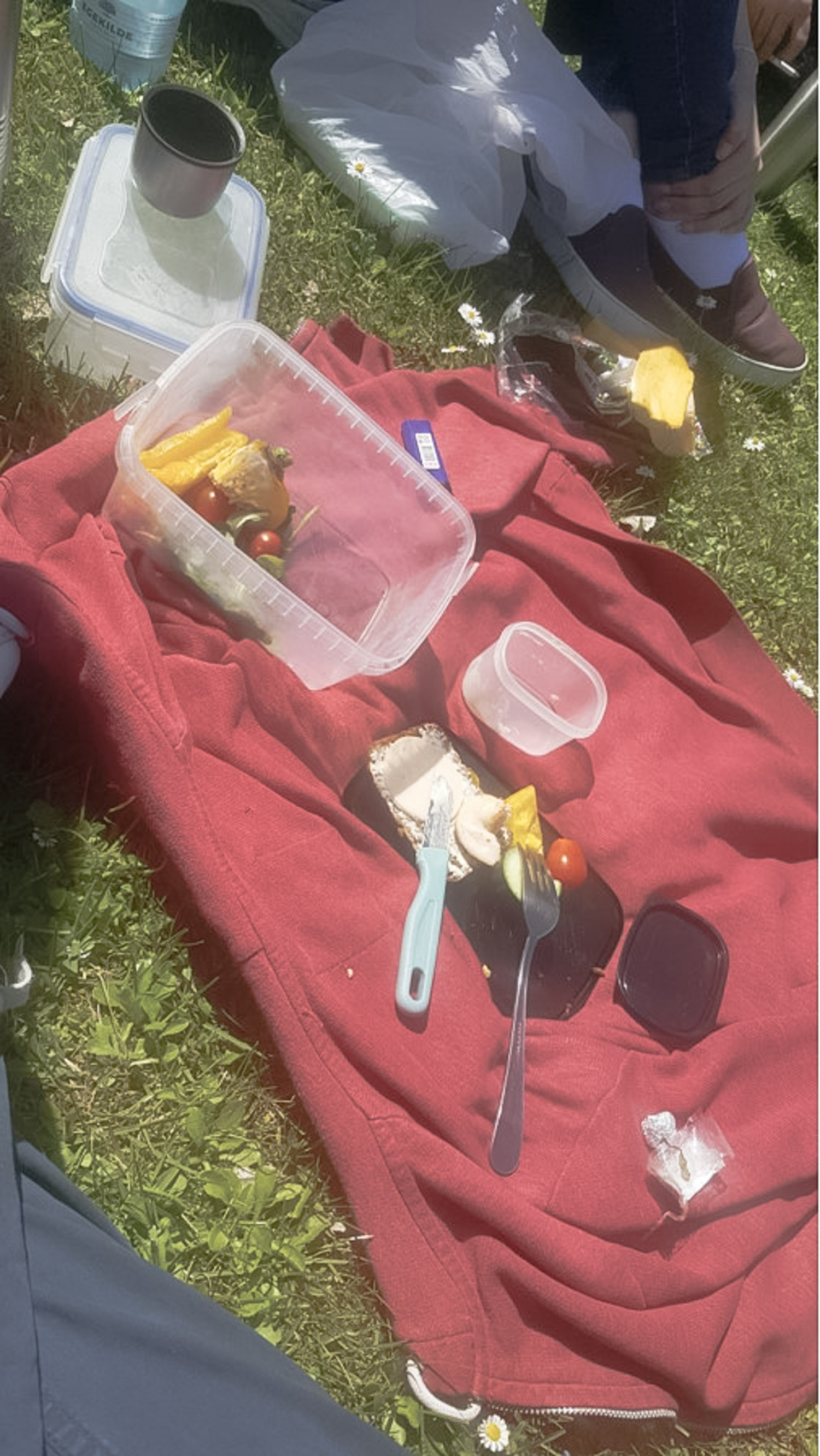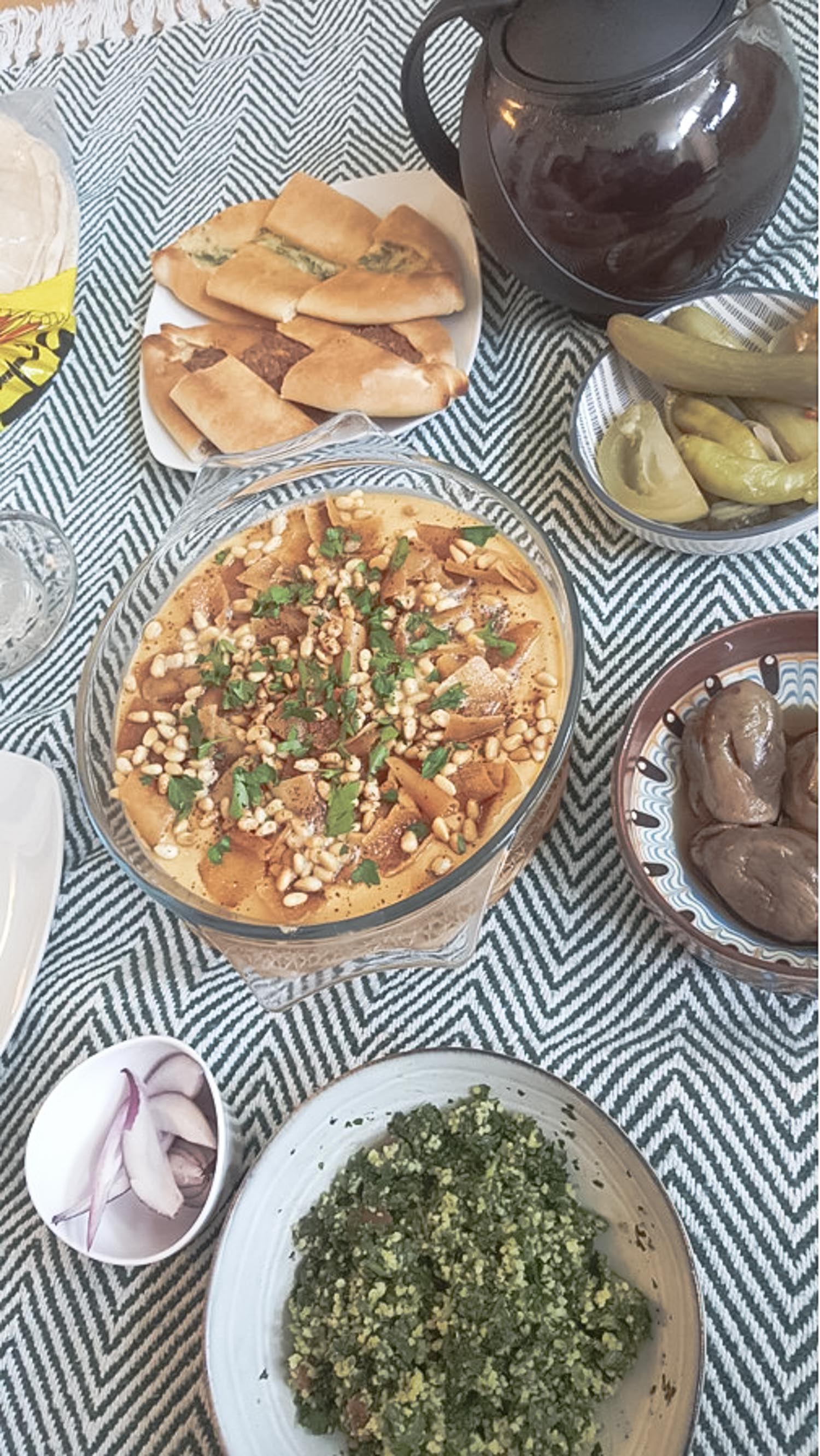My name is Tarek Kelani. I am a Syrian refugee in Denmark. Back in Syria, I studied to become a journalist, but sadly I was forced to interrupt my studies because I had to flee the country. When the Syrian revolution grew stronger in 2011, I was in my last year of high school. I participated in demonstrations and shots were fired against me several times. I also helped carry dead or wounded people away from the streets. When the revolution evolved into war, my neighborhood was safe to begin with, but after a while, the war crawled into our area and brought mass destruction with it. Our home was bombed to pieces and my mother lost her job. After that, me and my elder brother had to provide for my mother and my younger brother.
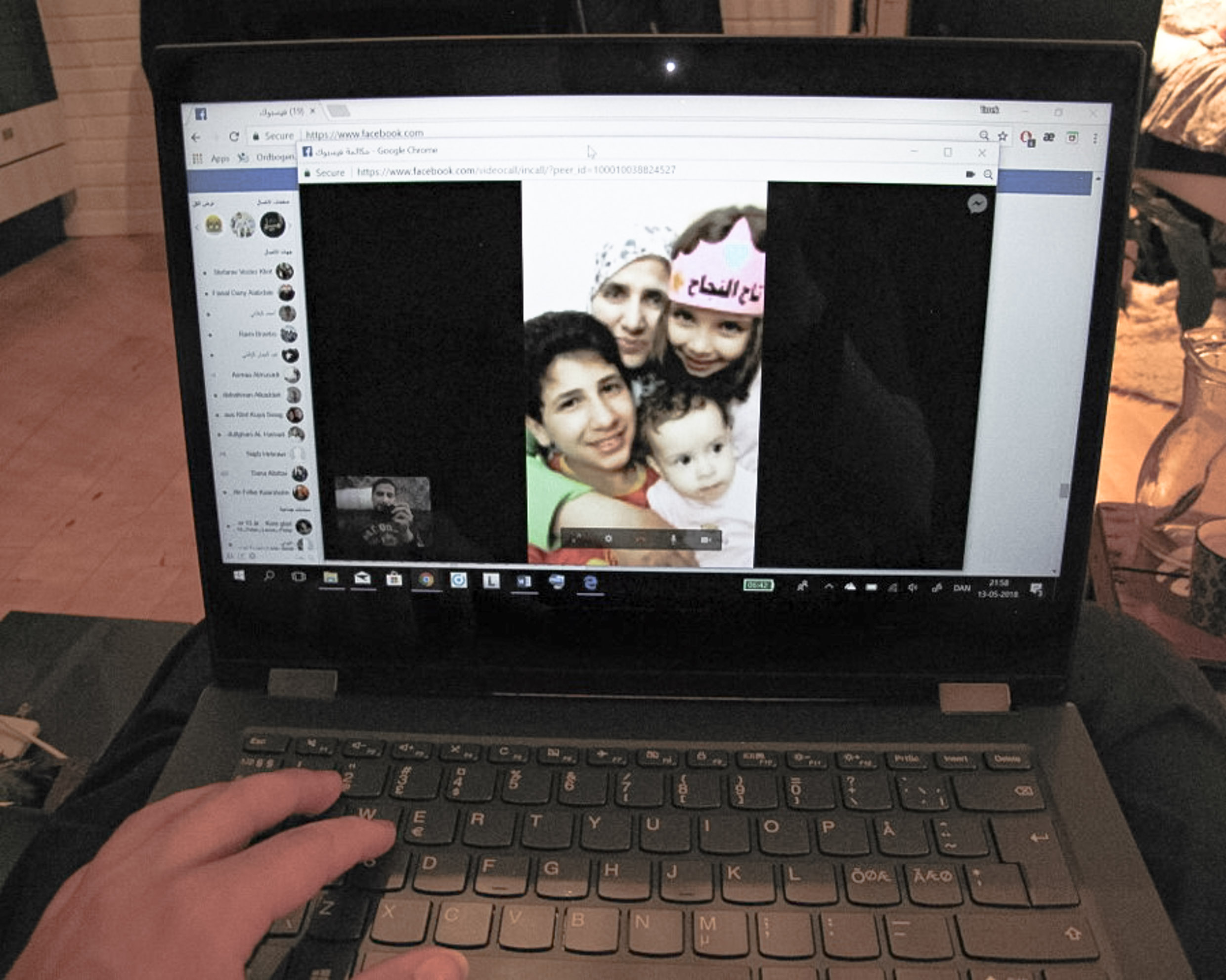
This is how the only source to contact looks like when one’s family members are 4000 km away.
“
I made the decision to flee, when I realized how high the risk was of being forced to join the Syrian army. I travelled across Turkey, Algeria and Libya, where I was kidnapped and sold between several smugglers, and ended up paying about $ 9000. After succeeding in leaving Libya by crossing the Mediterranean, I flew from Italy to Denmark. I applied for asylum with my best friend, who I had met in Libya. His application for asylum was later rejected.
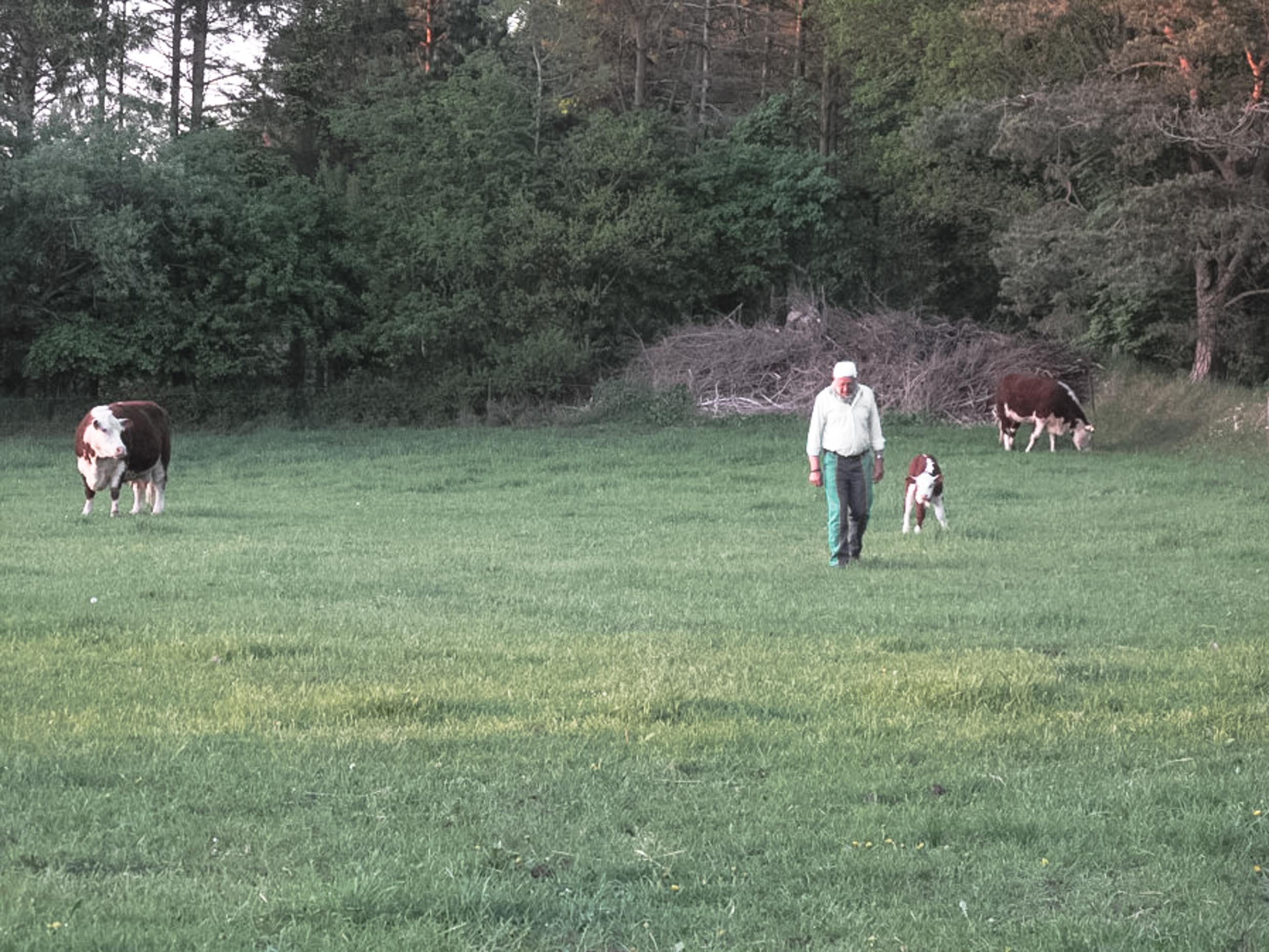
As a city-boy I just began to like the Danish landscape.
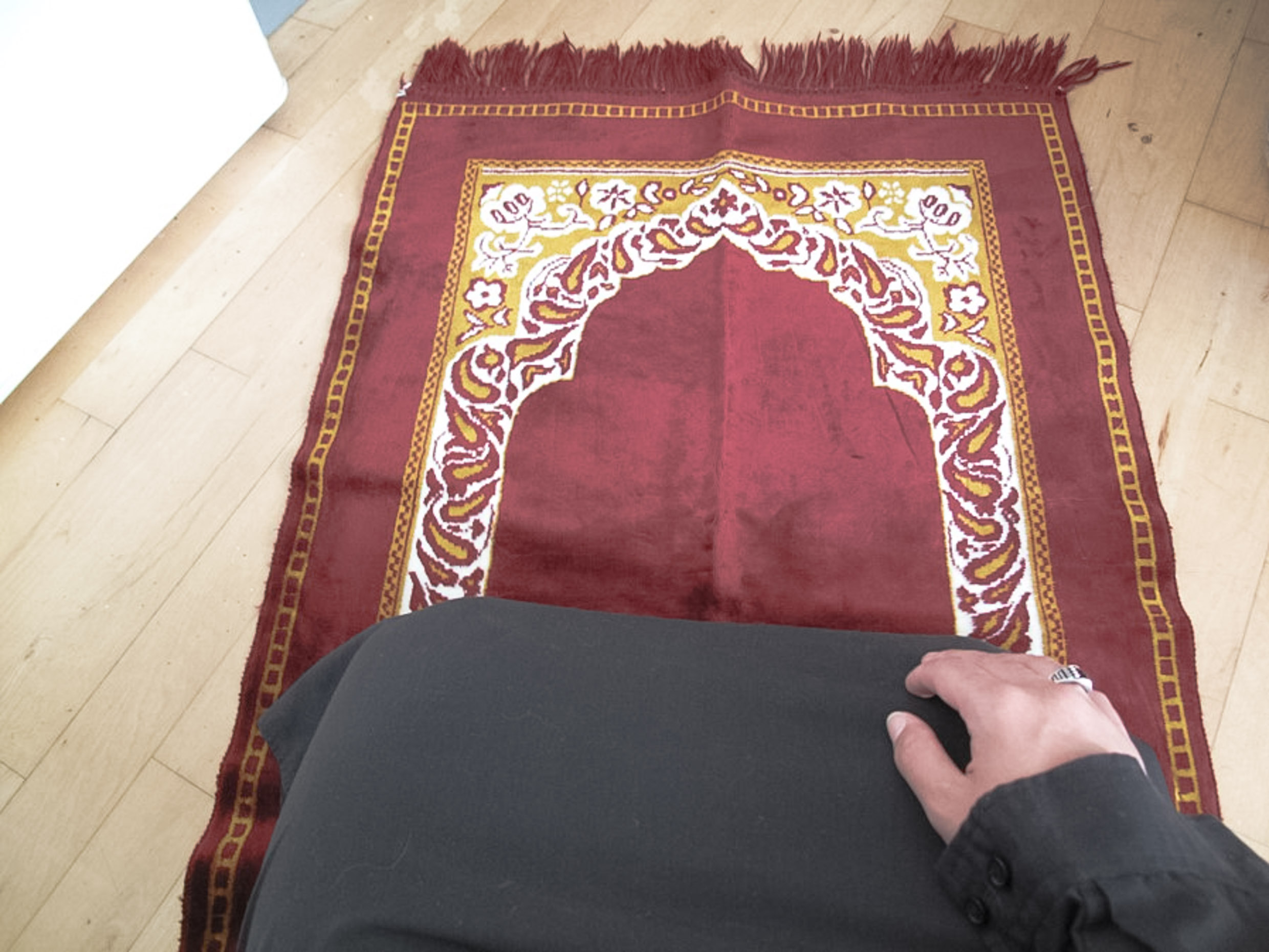
When I pray it feels like I shut off the materialistic world and reach something supernatural. Afterwards, I return to everyday life with a much wider view on everything.
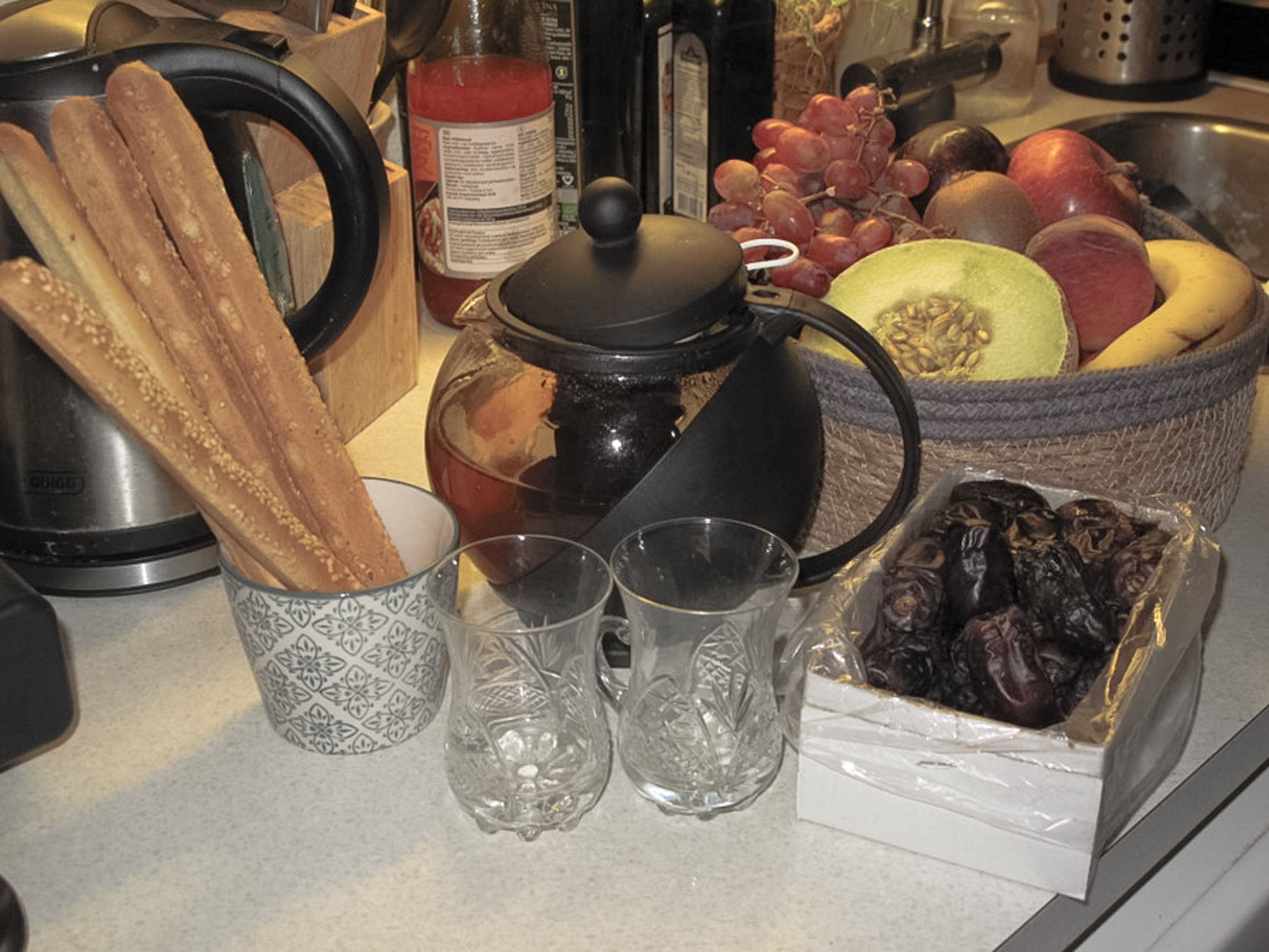
When Ramadan is approaching, it requires a lot of preparations and shopping. Tea, dates and fruits are essential for this month.
“
When I arrived in Denmark, I was sent to an asylum center in Hjørring, North Jutland. In cooperation with Mads Nygård and a few others I started Venligboerne in Hjørring, which became a great success. For about half a year, I lived with three other asylum seekers in a small cottage, until I got a residence permit and was sent to the municipality of Stevns. My time in Stevns wasn’t easy because I didn’t know the rules and traditions of the Danish society, nor did I even understand the daily life in Denmark.
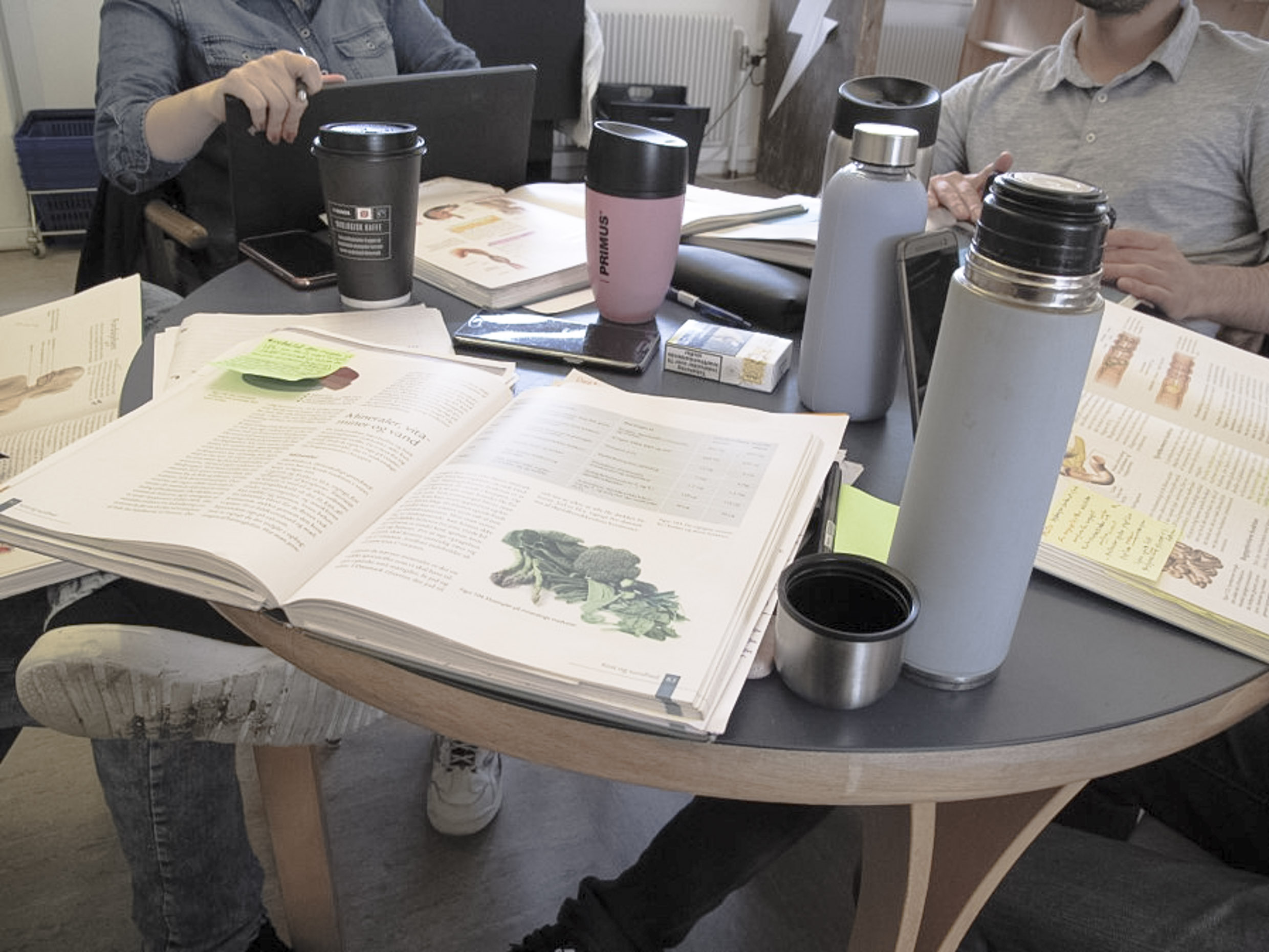
I go with my friends to the library to study. Since I arrived in Denmark, I have learned Danish and taken a HF (a 2-year long degree) and I have worked a lot of different places.
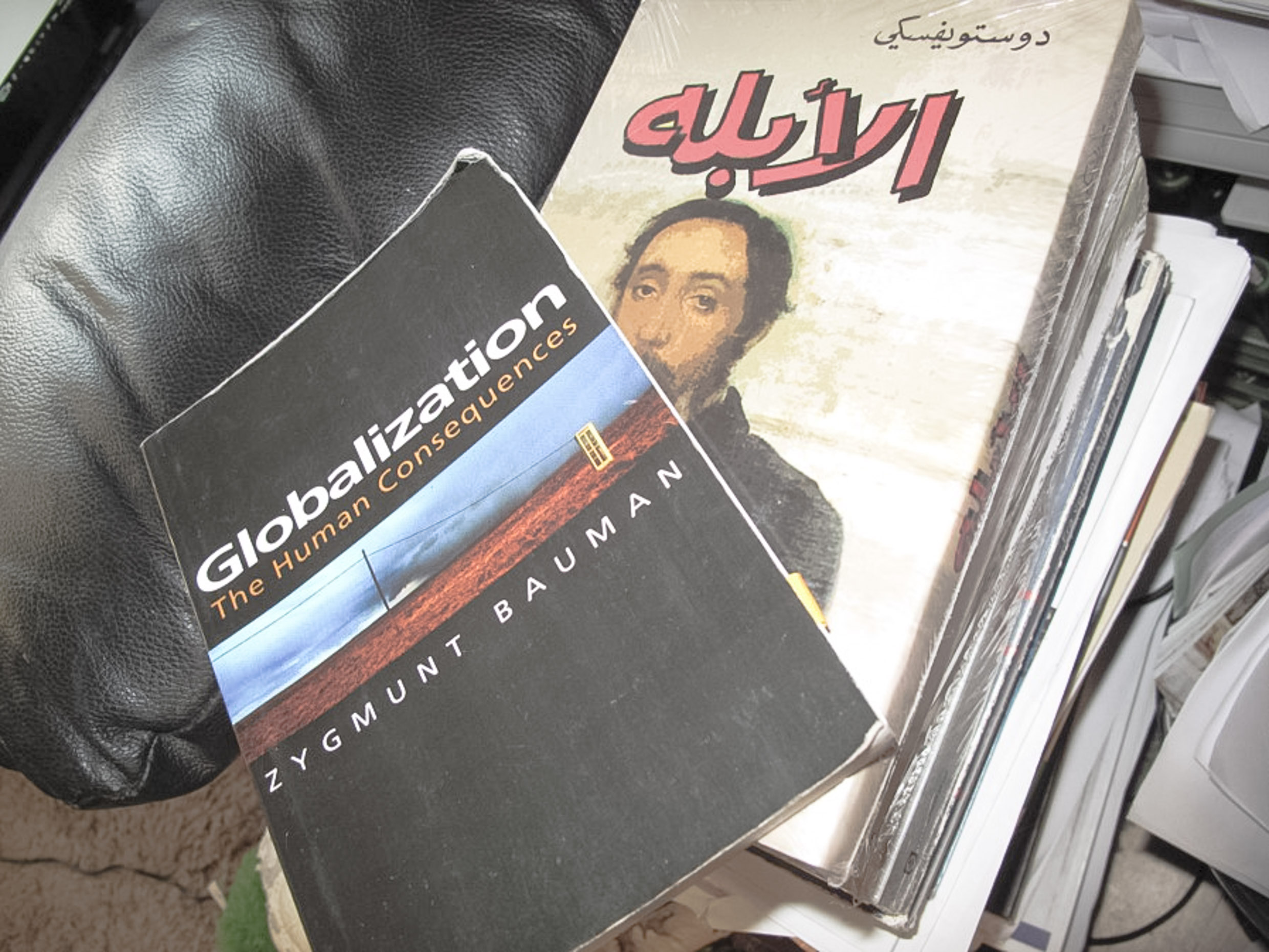
All the way from Zygmunt Bauman’s “Globalization” to Fyodor Dostoevsky’s “The idiot” - one gets wisdom in words. I love reading and especially the Russian literature.
“
Since my arrival in Denmark, I have given talks at a lot of demonstrations and different schools. One of the demonstrations turned out to be a very important day in my life. It was at Christiansborg and I had to speak in front of 50.000 people. At that demonstration, I met the girl who now has become my wife.
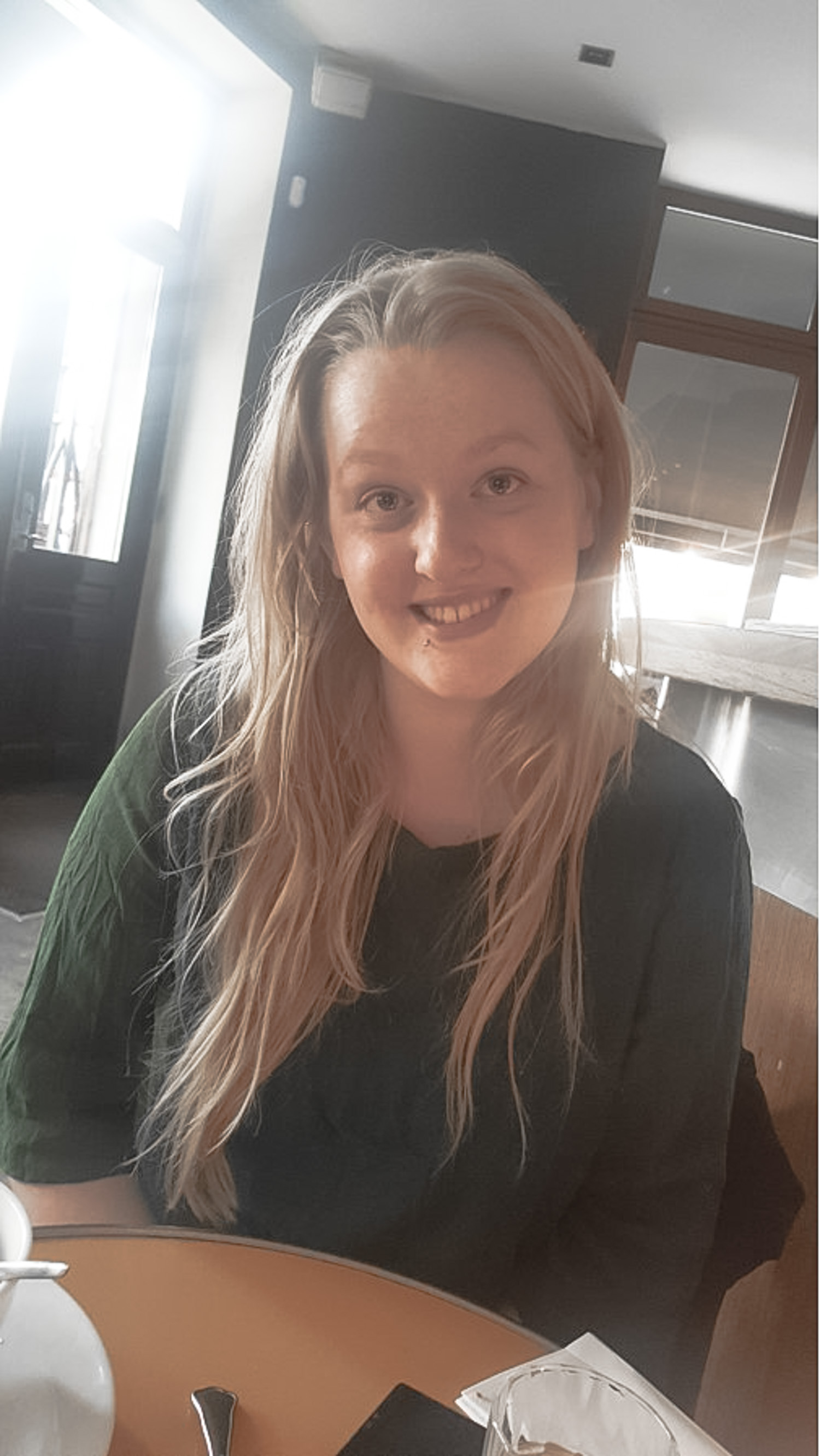
Here I am having brunch with my beloved wife Stefanie!
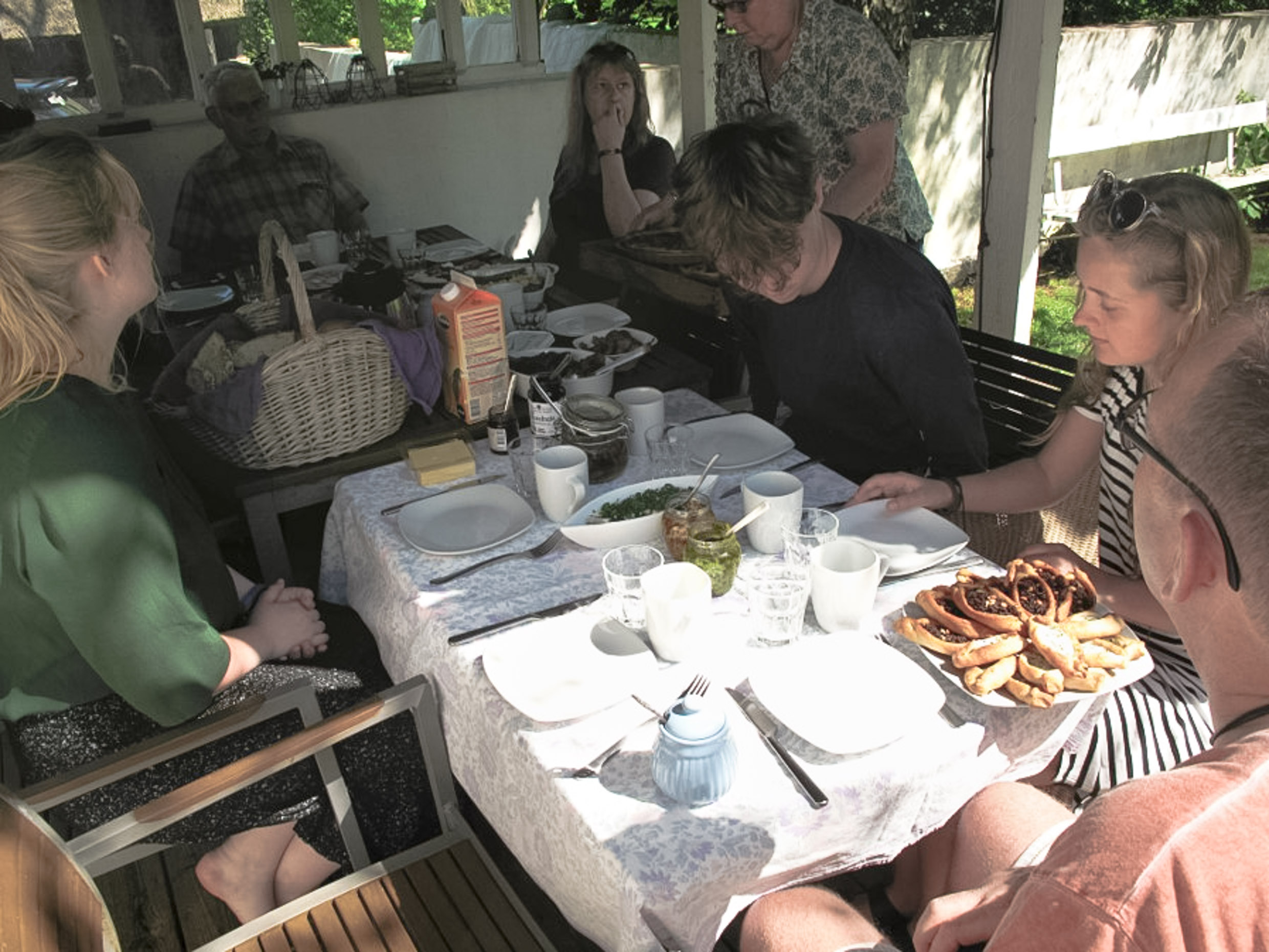
Here we celebrate Stefanie’s birthday. Birthdays are good events to meet the whole family.
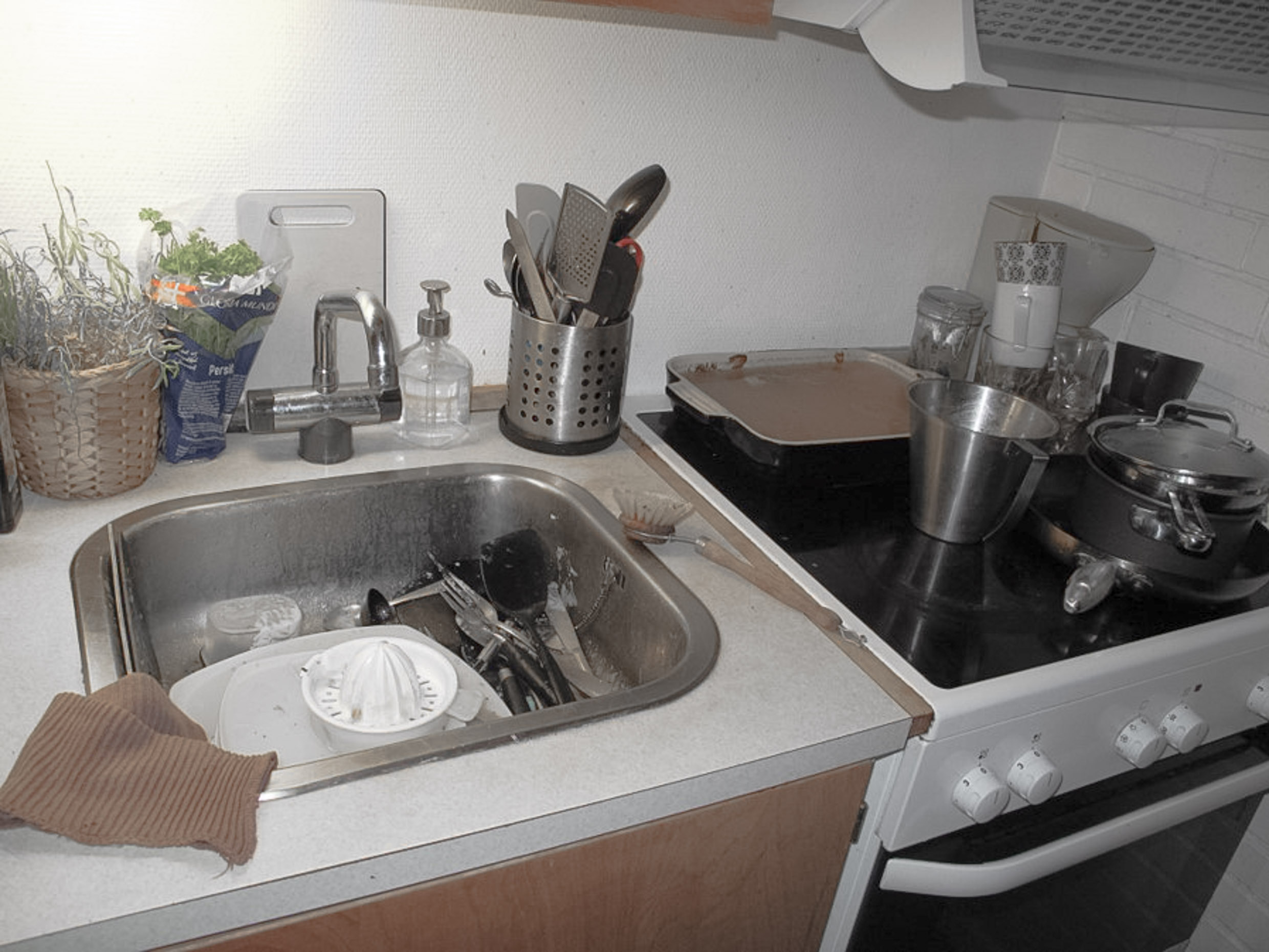
Well, if you cannot cook, you need to accept dealing with the results of it.
“
My parents got divorced in 2009. My father moved to Lebanon because of his job and got married again. My big brother moved to another city because of his study and my sister got married, so I lived with my mother and my younger brother. My mother has always been an independent woman. She got a job in a testosterone-filled environment and had to work most of the time. Because of this, I became the one responsible for my younger brother.
It is always lovely to get pancakes for breakfast! Especially when one’s wife wants to make it, even without being asked. Stefanie really likes Syrian food. After we get some at friends', she quickly figures out the ingredients. I usually learn from her how to make the food that I am basically “made” of! However, these days I actually eat more ryebread than flatbread.
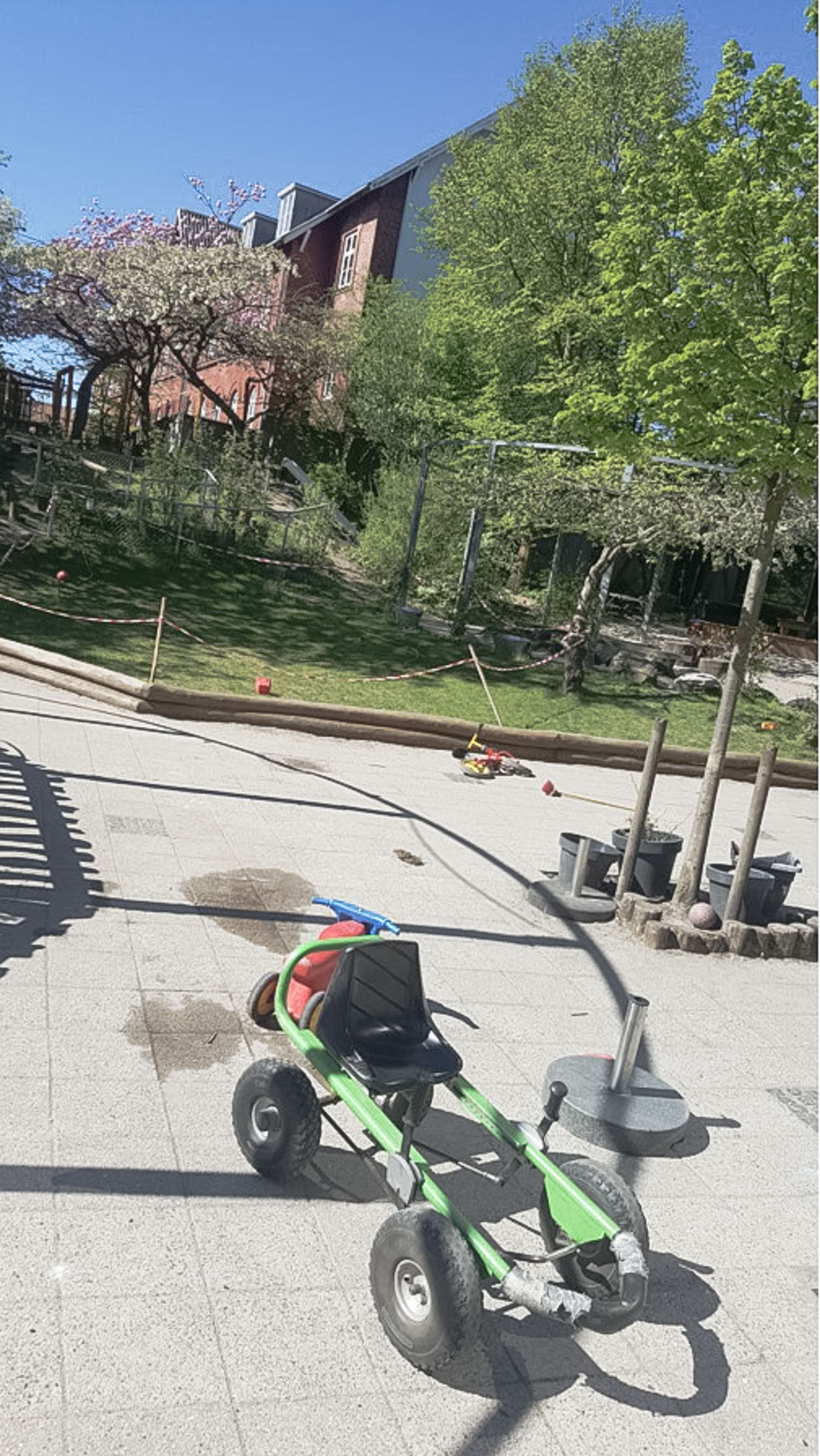
I now work in a kindergarten and as an interpreter. I love the kids’ reaction, when I arrive to the kindergarten. It became an issue, that we call “Do not scream when Tarek comes!”. I think it is nice to work as a translator too. Although it depends partly on the place, because it is not very nice to sit and tell people about their diseases.
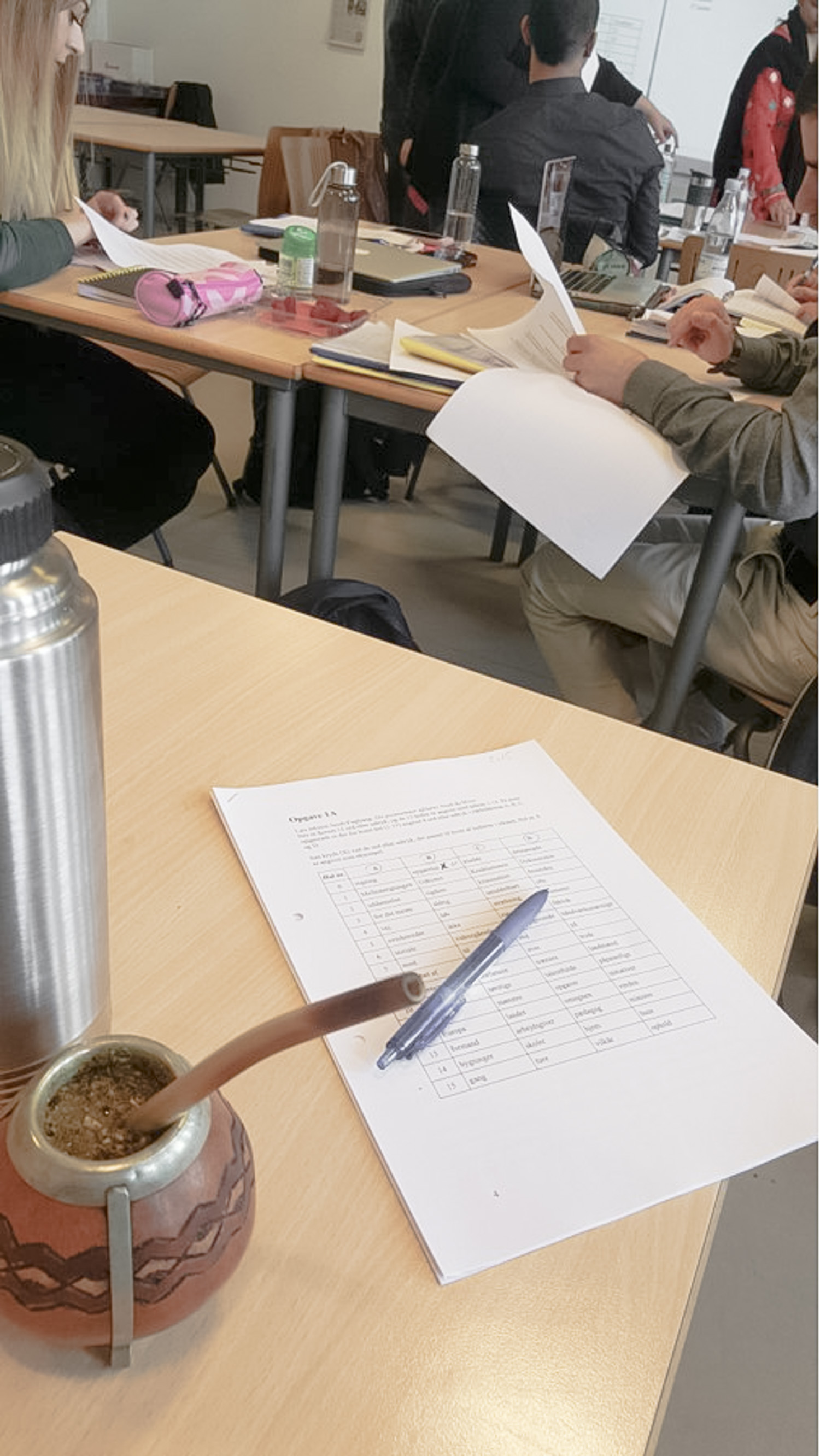
When I was faced with the dilemma of the “right education", I followed my great passion for drawing and applied for the school of architecture, but because of a corrupt system, another person took my spot. It opened my mind to an entirely different passion, that I have always had, but not been fully aware of – psychology.
“
Now, I am trying to fulfill my dreams by achieving my education goals, moving in with my wife at a place where we can grow our own food and be more self-sustaining, and by doing what I love the most, that is, to explore the brain.
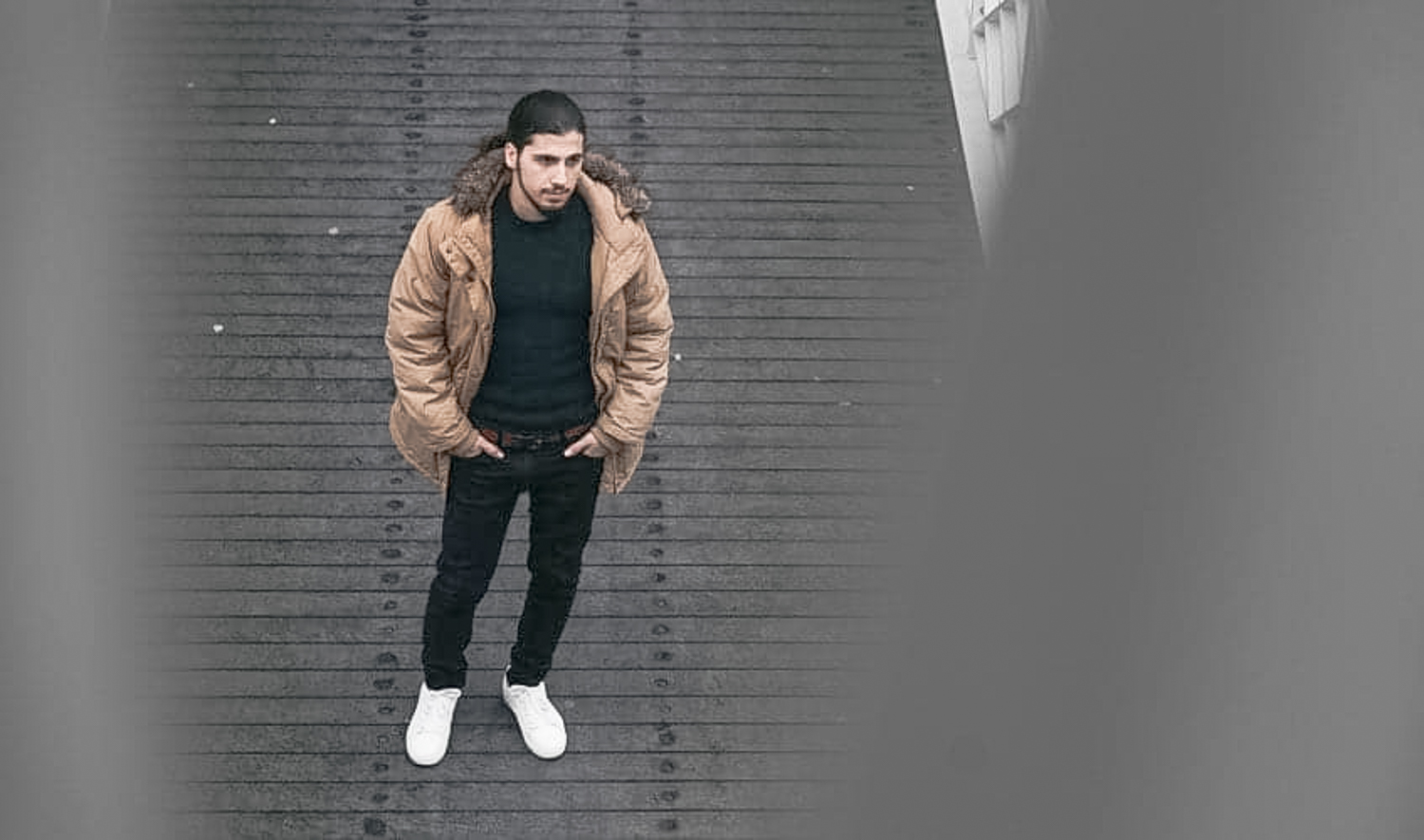
about the project
INSIGHT is a series of photo essays taken and written by refugees living in Denmark. With financial support from the Danish fund; Hjælpefonden Journalistgården, Refugee.Today has been able to give 10 refugees the opportunity to show us their lives in Denmark.
The participants in INSIGHT live in various parts of Denmark, from Hjørring to Bornholm, and are of different nationalities and backgrounds. They are all reefugees with a residence permit in Denmark, but first of all they are individuals. In the course of 7 days these people have documented their everyday lives through photography and words.
By letting refugees be in charge of the camera, Refugee.Today offers an insight into a world that is not always accessible to the public. Refugees and integration are heavily disputed topics in Danish society, but rarely are the voices and viewpoints of the refugees themselves visible in the debate.
Through these photo essays the viewer is offered a gaze into everyday life as a newcomer in Denmark. How does the Danish society look through their eyes? How is everyday life as a refugee in a new country taking place? How is the past and present balanced for people who have had to flee their homes?
